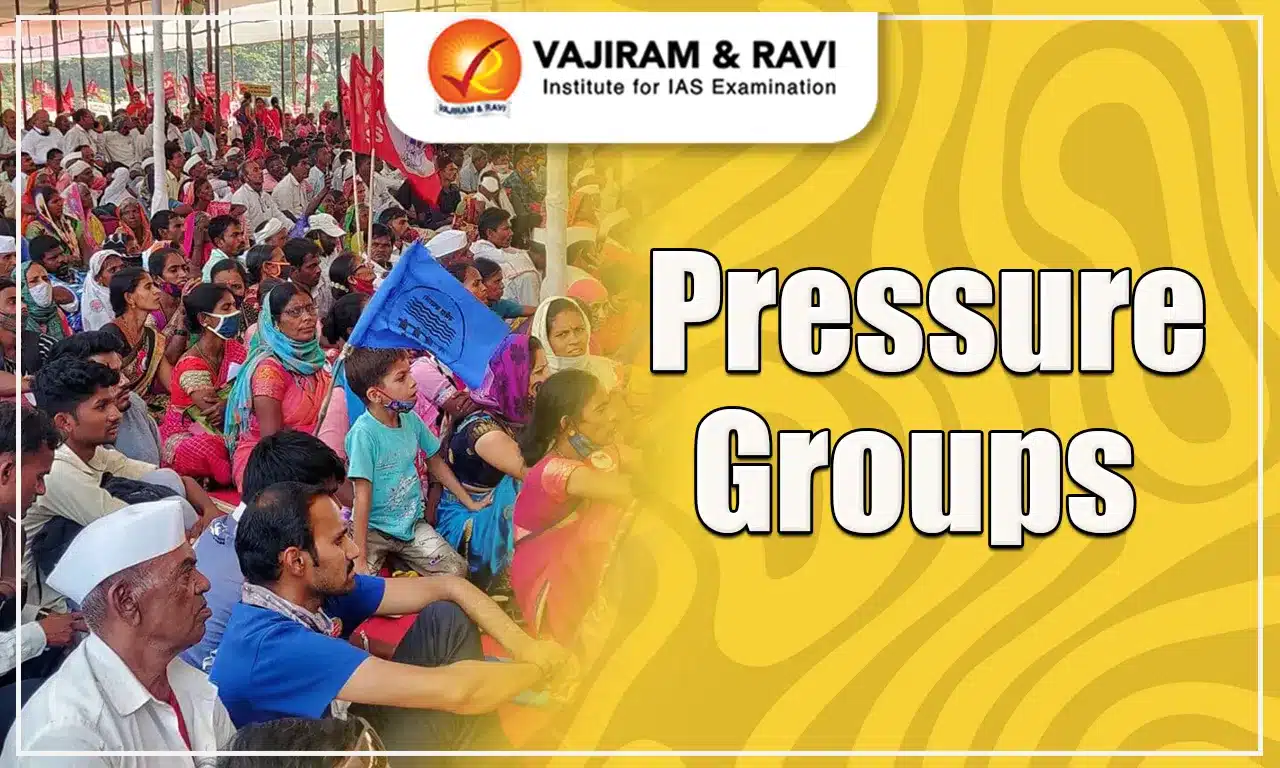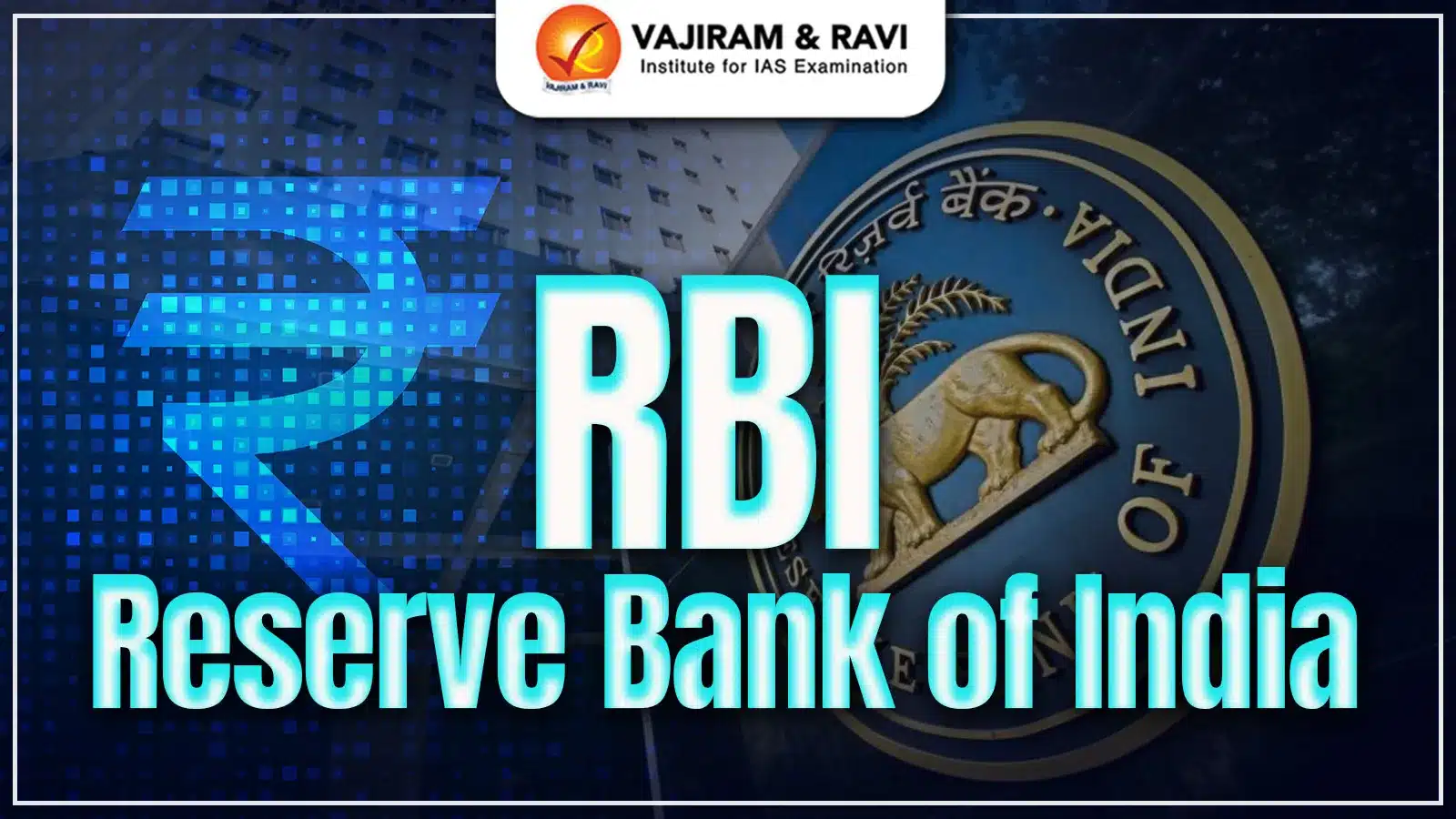What is a Tribunal?
A tribunal is a quasi-judicial institution that deals with the resolution of disputes pertaining to administration, taxation, environment, securities, etc.
- Tribunals in India are adjudicatory bodies that serve as an alternative to the traditional court system.
- Tribunals were established to provide swift, cost-effective, and decentralized resolution of disputes across various issues.
- It performs a number of functions like adjudicating disputes, determining rights between contesting parties, making an administrative decision, reviewing an existing administrative decision, and so forth.
What are the salient features of Tribunals in India?
Some of the salient features of tribunals in India are
- Principles of natural justice: Tribunals in India follow the principle of natural justice, which requires that all parties to a legal proceeding be given a fair and impartial hearing and that no person should be a judge in their own cause.
- Not bound by Civil Procedure Code (CPC): Unlike traditional courts, they are not bound by the strict rules of procedure and evidence set out in the CPC.
- Subject expertise: A significant part of tribunals is comprised of members who have specialized expertise in the subject matter over which they have jurisdiction.
- Quasi-judicial powers: Tribunals can hear evidence, examine witnesses, make findings of fact, apply the law to the facts, and make binding decisions.
- Appellate authority: The decisions of tribunals can be appealed to a higher court. The decision of tribunals in the first instance can be appealed to the appellate authority and, later, to the High Courts and/or Supreme Court.
- Time-bound resolution: The adjudicatory process in tribunals is usually faster than the traditional court system, which helps resolve disputes more quickly and efficiently.
What are the constitutional and legal provisions pertaining to Tribunals in India?
- The original Constitution did not contain provisions with respect to tribunals. The 42nd Amendment Act of 1976 added a new Part XIV-A to the Constitution. This part is titled ‘Tribunals’ and consists of only two Articles–
- Article 323A dealing with administrative tribunals and
- Article 323B dealing with tribunals for other matters.
| Provision | Description |
| Article 323A | Empowers the Parliament to provide for the establishment of administrative tribunals for the adjudication of disputes relating to recruitment and conditions of service of persons appointed to public services of the Centre, the states, local bodies, public corporations, and other public authorities. |
| Article 323B | Empowers the Parliament and state legislatures to set up tribunals for various matters like Industrial and labour, Foreign exchange, import and export, Land reforms, Food, The ceiling on urban property, Elections to Parliament and state legislatures, Rent and tenancy rights, etc. |
| Administrative Tribunals Act, 1985 | In relation to Article 323 A, The Parliament enacted the Administrative Tribunals Act in 1985, which empowers the Central government to establish the Central Administrative Tribunal and state-level administrative tribunals. This Act opened a new chapter in the sphere of providing speedy and inexpensive justice to the aggrieved public servants. |
How are the tribunals classified in India?
The tribunals in India are broadly classified as follows:
Administrative Tribunals
- Central Administrative Tribunal (CAT)
- The CAT exercises original jurisdiction in relation to recruitment and all service matters of public servants covered by it.
- Its jurisdiction extends to the All-India services, the Central civil services, civil posts under the Centre, and civilian employees of defense services.
- However, the members of the defense forces, officers and servants of the Supreme Court, and the secretarial staff of the Parliament are not covered by it.
- The chairman and the members of CAT are appointed by President after consultation with the Chief Justice of India.
- State Administrative Tribunals (SATs)
- The Administrative Tribunals Act of 1985 empowers the Central government to establish State Administrative Tribunals (SATs) at the specific request of the concerned state governments.
- Like the CAT, the SATs exercise original jurisdiction in relation to recruitment and all service matters of state government employees.
- The chairman and members of the SATs are appointed by the President after consultation with the Governor of the state concerned.
- Joint Administrative Tribunal (JAT)
- The Administrative Tribunals Act of 1985 also makes a provision for setting up Joint Administrative Tribunal (JAT) for two or more states. A JAT exercises all the jurisdiction and powers exercisable by the administrative tribunals for such states.
- The chairman and members of a JAT are appointed by the President after consultation with the Governors of the concerned states.
Other Tribunals
- National Green Tribunal(NGT)
- NGT was established under the National Green Tribunal Act, 2010 for effective and expeditious disposal of cases relating to environmental protection.
- New Delhi is NGT’s Principal Bench, with Bhopal, Pune, Kolkata, and Chennai being other benches.
- Foreigner Tribunals
- Foreigners’ Tribunals (FTs) are quasi-judicial bodies in India that determine whether a person is or is not a foreigner under Foreigner’s Act 1946.
- FTs were first set up in 1964 and are unique to Assam. In the rest of the country, a foreigner apprehended by the police for staying illegally is prosecuted in a local court and later deported/put in detention centers.
- National Company Law Tribunal(NCLT)
- The National Company Law Tribunal is a quasi-judicial body in India adjudicating issues relating to Indian companies.
- The tribunal was established under the Companies Act 2013 and was constituted in 2016 by the government of India.
- Telecom Disputes Settlement and Appellate Tribunal(TDSAT)
- It was established to adjudicate disputes and dispose of appeals with a view to protecting the interests of service providers and consumers of the Indian telecommunications sector.
What are various issues faced by Tribunals in India?
There are several issues faced by tribunals in India, which include:
- Conflict of Interest: Government is one of the main litigants in the tribunals. However, the appointments and removal of members of tribunals lie with the government.
- Tribunalization of justice: Tribunals take away the power of regular courts, undermining the judiciary's authority and violating the principle of separation of powers.
- Lack of independence: Salary, condition of office, and term of members of tribunals are decided by the executive, hence affecting the independence of tribunals.
- Overlapping Jurisdiction: There are some instances of overlapping jurisdiction of tribunals, such as the Competition Appellate Tribunal (COMPAT) with the National Company Law Appellate Tribunal(NCLT).
- Jurisdiction of High Courts: By-passing the jurisdiction of High Courts has been a major criticism against tribunals which has been partly resolved under the Chandra Kumar Case (1997), where appeals were allowed in the division bench of High Courts.
- Administrative concerns: There is non-uniformity in the appointment process, qualification of members, age of retirement, resources, and infrastructure of different tribunals working under different ministries, which hampers their overall efficiency.
- Pendency: There is high pendency in tribunals due to reasons such as a shortage of personnel. According to the 272nd Law Commission Report, the pendency figures for the CAT is 44,333 cases.
- Persisting Vacancies: In 2021, the Supreme Court noted that the vacancies of 20 presiding officers, 110 judicial members, and 111 technical members were pending across the country in various tribunals.
What are the provisions of the new rules for tribunals passed in 2020?
- The 'Tribunal, Appellate Tribunal, and other Authorities (Qualifications, Experience and other Conditions of Service of Members) Rules, 2020' were framed by the Ministry of Finance in exercising powers under Section 184 of the Finance Act 2017.
- These rules replace the 2017 Rules, which were struck down by the Supreme Court, which directed the government to re-formulate the rules in conformity with the principles delineated by the court.
- Provisions of the New Rules:
- These apply to 19 Tribunals, including Central Administrative Tribunals, Income Tax Appellate Tribunal, Customs, Excise, Service Tax Appellate Tribunals, etc.
- Foreigners Tribunals are not covered.
- Appointment: Appointments to the above Tribunals will be made by Central Government on the recommendations of the "Search cum Selection Committee" composed of
- The Chief Justice of India (CJI) or a judge nominated by the CJI
- President/chairperson of the concerned tribunal
- Two government secretaries from the concerned ministry/department.
- Removal: The search Cum Selection Committee has the power to recommend the removal of a member and also to conduct inquiries into allegations of misconduct by a member.
- Qualifications for tribunal members: Only persons having judicial or legal experience are eligible for appointment.
- Term: Rules also provide a fixed term of four years to the Tribunal members.
- Independence: The condition in the 2017 Rules (which were set aside by Court) that the members will be eligible for re-appointment has also been dropped in the 2020 Rules.
What reforms can help towards the better functioning of tribunals in India?
Tribunals in India have been a topic of much debate and discussion due to their functioning and effectiveness. Here are some reforms which are needed to address the issues related to tribunals in India:
- National Tribunal Commission: The 74th report of the Parliamentary standing committee on Law recommended the creation of a National Tribunal Commission (NTC) to regulate issues linked with tribunals such as oversee the selection process, set eligibility criteria for appointment, etc.
- Timely appointments: It is important to ensure that appointments to tribunals are made in a timely manner to avoid the delays in justice delivery.
- Independence and autonomy: Appointment, removal, and terms of service of tribunal members must be free from political interference.
- Rationalization of tribunals: There are currently many tribunals in India, leading to duplication of functions and overlapping jurisdictions. A rationalization of tribunals could help to streamline their functioning and make them more effective.
Last updated on November, 2025
→ Check out the latest UPSC Syllabus 2026 here.
→ Join Vajiram & Ravi’s Interview Guidance Programme for expert help to crack your final UPSC stage.
→ UPSC Mains Result 2025 is now out.
→ UPSC Notification 2026 is scheduled to be released on January 14, 2026.
→ UPSC Calendar 2026 is released on 15th May, 2025.
→ The UPSC Vacancy 2025 were released 1129, out of which 979 were for UPSC CSE and remaining 150 are for UPSC IFoS.
→ UPSC Prelims 2026 will be conducted on 24th May, 2026 & UPSC Mains 2026 will be conducted on 21st August 2026.
→ The UPSC Selection Process is of 3 stages-Prelims, Mains and Interview.
→ UPSC Result 2024 is released with latest UPSC Marksheet 2024. Check Now!
→ UPSC Prelims Result 2025 is out now for the CSE held on 25 May 2025.
→ UPSC Toppers List 2024 is released now. Shakti Dubey is UPSC AIR 1 2024 Topper.
→ UPSC Prelims Question Paper 2025 and Unofficial Prelims Answer Key 2025 are available now.
→ UPSC Mains Question Paper 2025 is out for Essay, GS 1, 2, 3 & GS 4.
→ UPSC Mains Indian Language Question Paper 2025 is now out.
→ UPSC Mains Optional Question Paper 2025 is now out.
→ Also check Best IAS Coaching in Delhi
Tribunals in India FAQs
Q1. What are the principles of natural justice?+
Q2. Where does an appeal lie against the decision of the Central Administrative Tribunal(CAT)?+
Tags: quest tribunals in india

















